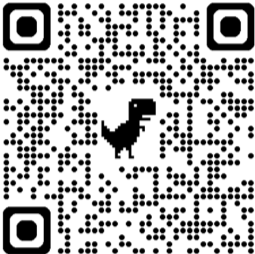Brain Game!
This is a game that will help you better understand the terminology for Acquired Disorders! Enjoy!
Create multiple-choice games on Wisc-Online and play them on our Chakalaka mobile app!
But that's not all! Explore educational games created by others. Simply search by category or enter agame code number and dive into a world of learning and fun.
Download the Chakalaka mobile app here:

Topics of this game:
- Insight, self-monitoring, knowing one's limits, recall, & organizing thoughts
- Syndrome, disease
- The goal of intervention for someone with dementia
- A state of confusion starting in late afternoon & spanning into the night
- Keeps the brain moist, lubricates the brain, & protects the brain from changes in pressure
- At the time of impact
- Glasgow coma scale & Rancho Los Amigos scale
- Localized damage from a penetrating injury
- Mini mental status exam
- Compensated
- Includes anatomy for breathing & eating
- 2 common places for food or liquid to get stuck in someone with a swallowing disorder
- Sleep
- Region between the epiglottis and the vocal folds
- The food tube, the airway
- What 2 parts make up the brains nervous system?
- What part of brain is responsible for thought, voluntary movement, language, reasoning, perception ?
- When symptoms occur on the opposite side of the lesion.
- When symptoms occur on the same side of the lesion.
- Frontal, temporal, parietal, and occipital lobe.
- Known to be non-fluent, and lesions are generally anterior on the left side of the brain?
- known to be fluent, with lesions being posterior in the temporal lobe.
- When a blood clot blocks the blood supply from entering a certain part of the brain.
- when a blood clot forms in the brains blood vessel.
- when a clot forms outside of the brains blood vessel but travels to the brain.
- Problem with a blood vessel and vessel bursts in brain, aka "aneurysm"
- Problems with trusting others, patients do not realize they have this, most often occurs with RHD.
- Cognitive, perceptual, and communicative/ pragmatic deficits.
- Patients tend to leave out or omit left portions of images, ignore food on left side of plate, etc.
- When organization, reasoning, and problem solving are impaired.
User comments are currently unavailable. We apologize for the inconvenience and are working to restore this feature as soon as possible.

